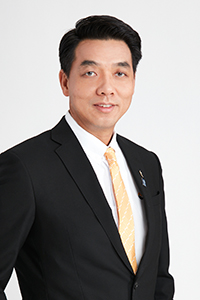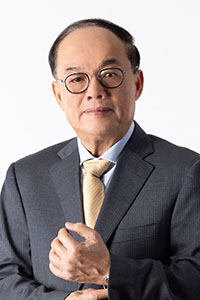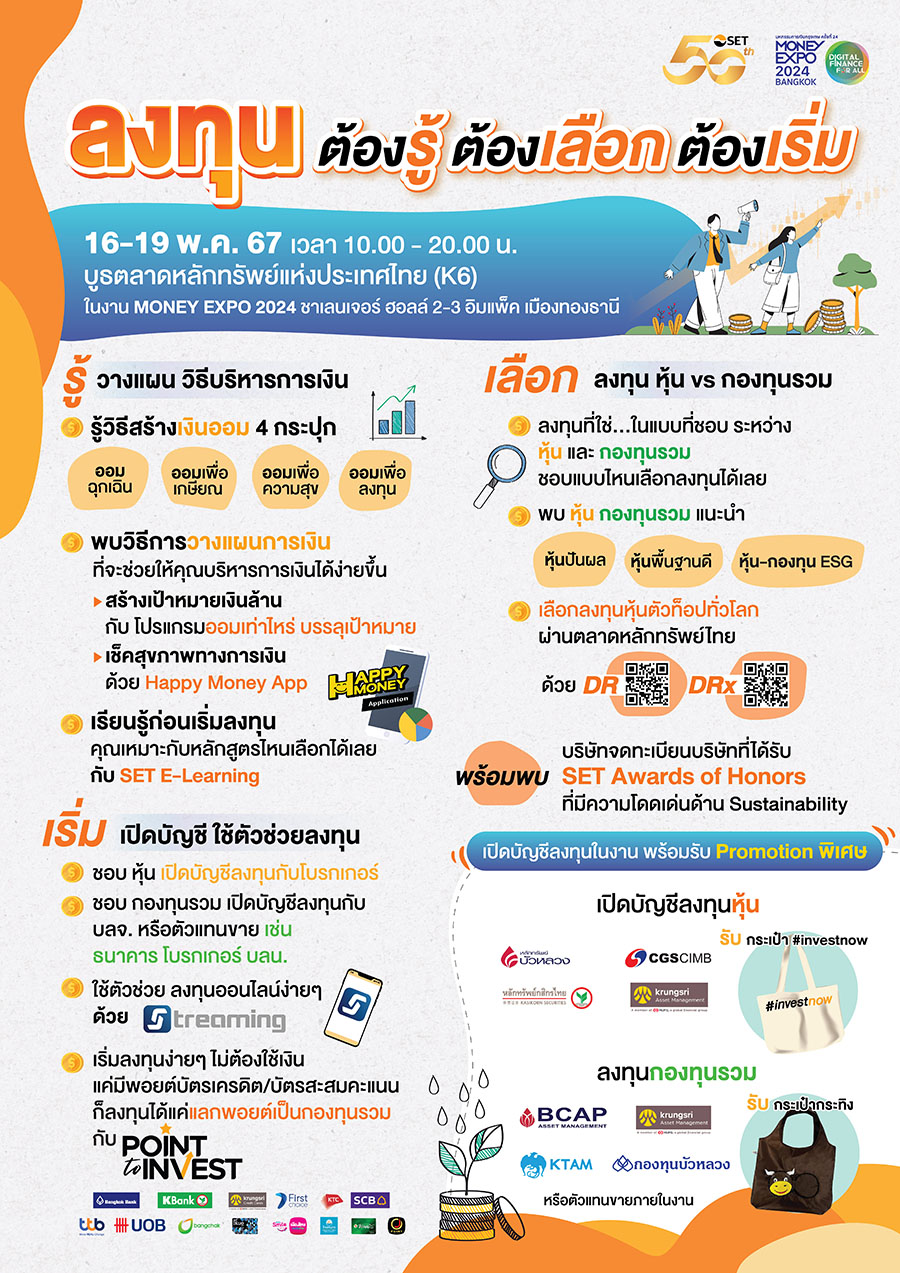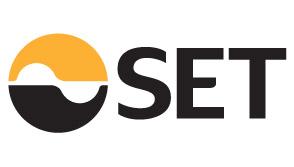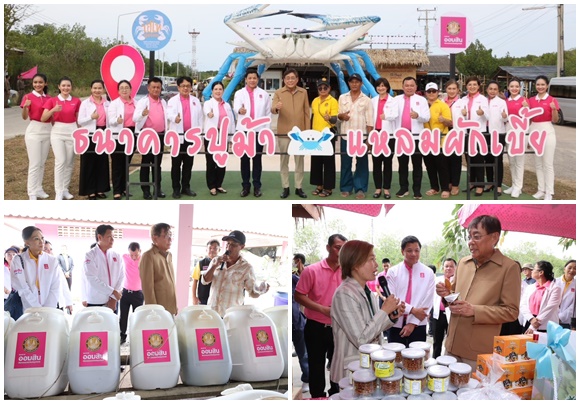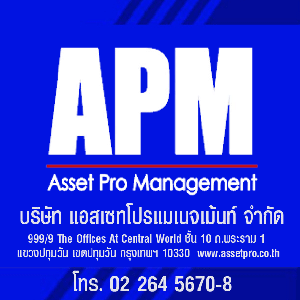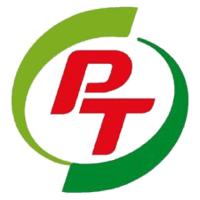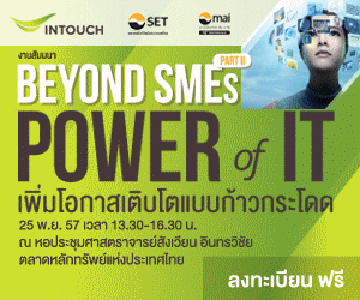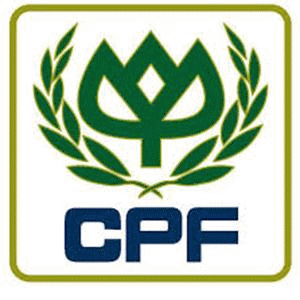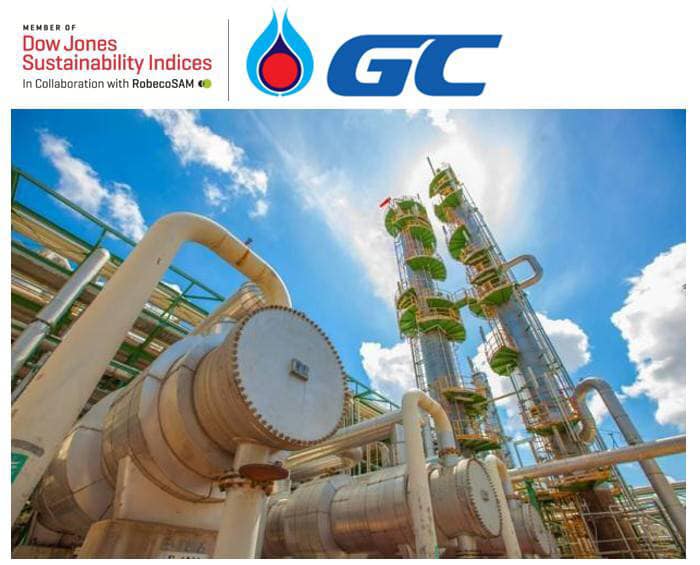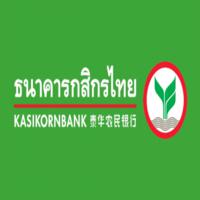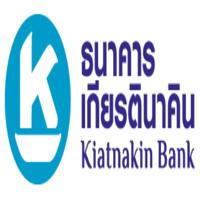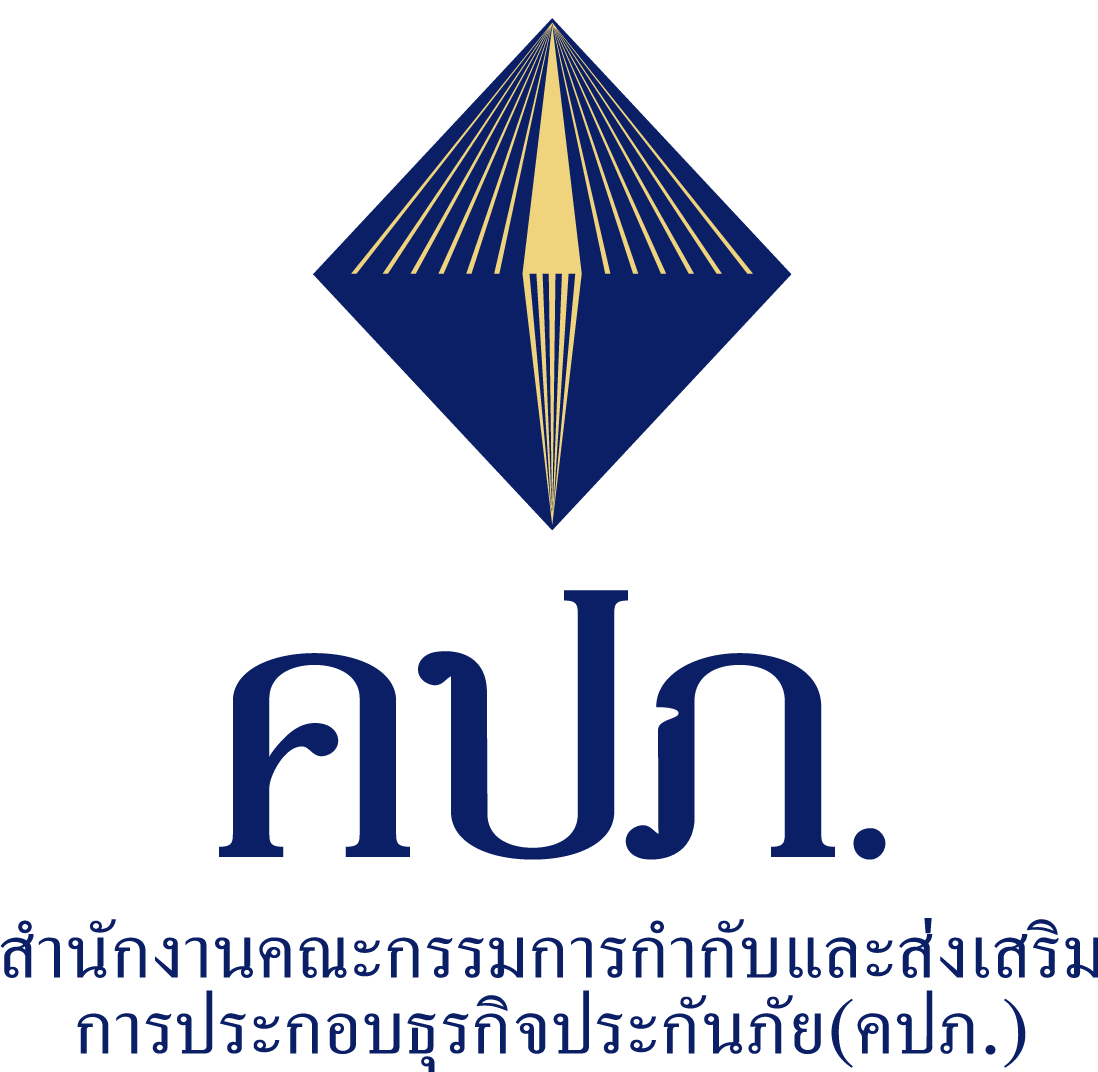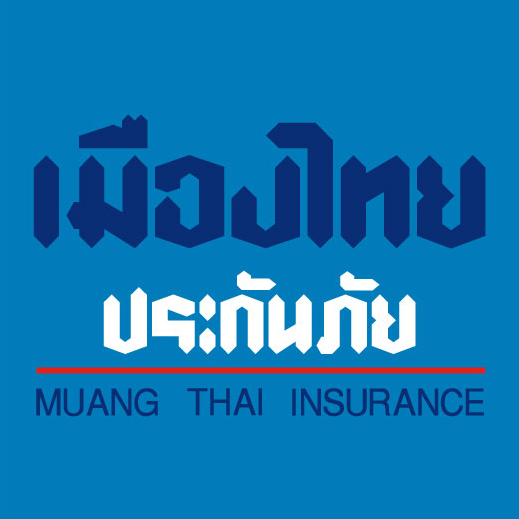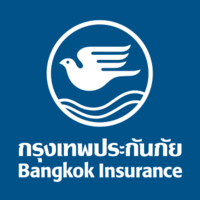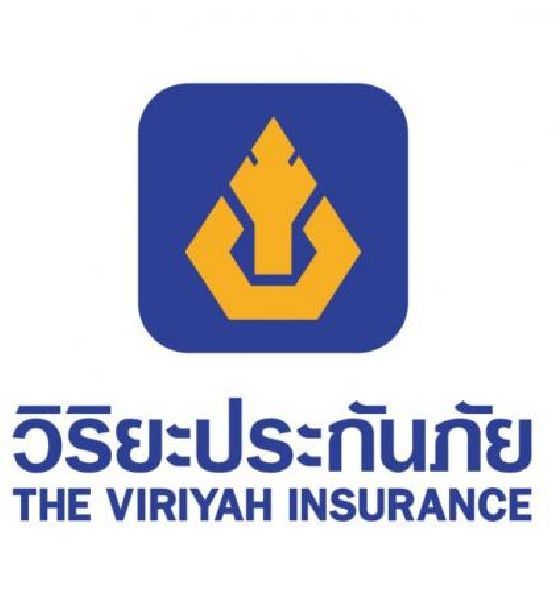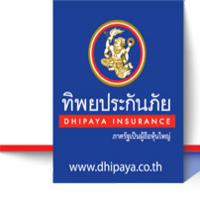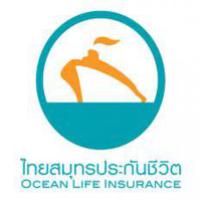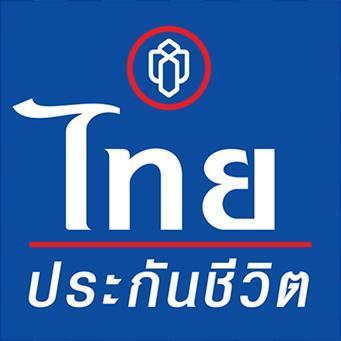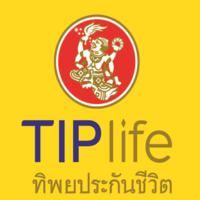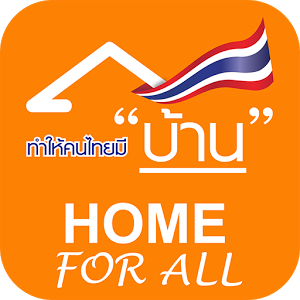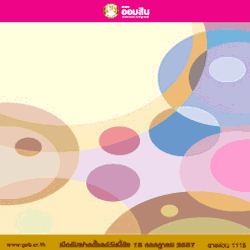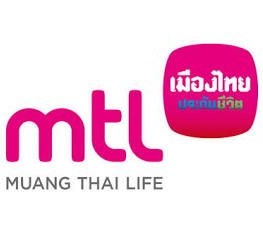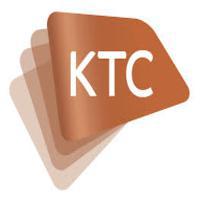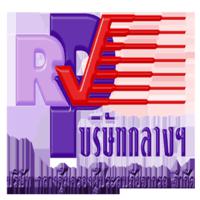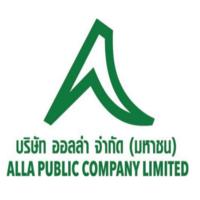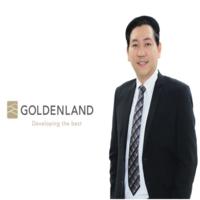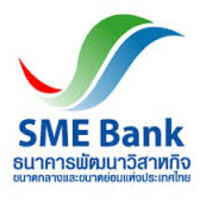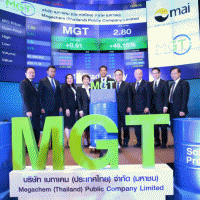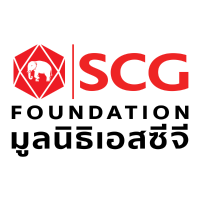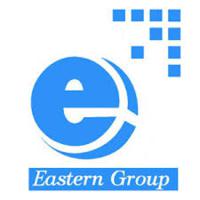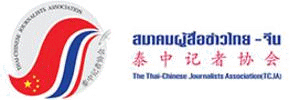- Details
- Category: บทความการเงิน
- Created: Wednesday, 23 December 2015 22:33
- Hits: 5458

บริการ K-Expert ธนาคารกสิกรไทยจัดกิจกรรมสัมมนา 'ถอดรหัสรวยปีวอก' ให้ได้เก็บข้อมูล ฟังคำแนะนำเรื่องควรรู้เกี่ยวกับเศรษฐกิจ ความเสี่ยง เรื่องเงินทองที่ควรทำในปีหน้า พ.ศ. 2559 เพราะเรื่องเงินทองอยู่ในชีวิตเราทุกเวลา ไม่ว่าสภาพแวดล้อมต่างๆ จะเปลี่ยนแปลงอย่างไร การเตรียมเรื่องเงินทอง ไม่ใช่เรื่องเครียดยุ่งยาก แต่ต้องทำอย่างจริงจัง
วัลลภ ว่องจิตต์วุฒิไกร รองกรรมการผู้จัดการ ธนาคารกสิกรไทย กล่าวว่า ข้อมูลจากศูนย์วิจัยกสิกรไทยวิเคราะห์ว่าเศรษฐกิจไทยปี 2559 ยังคงขยายตัวอย่างต่อเนื่อง แต่เป็นไปในลักษณะ “ดีขึ้นแบบระมัดระวัง” โดยคาดว่าดัชนีมวลรวมในประเทศ หรือ GDP จะอยู่ที่ 3% สำหรับแรงขับเคลื่อนเศรษฐกิจนั้น มีแรงหนุนจากการใช้จ่ายของภาครัฐ ดังนั้น ในปลายปี แต่ละคนจึงควรวางแผนการใช้จ่ายให้สอดคล้องกับสิ่งที่เกิดขึ้นกับตัวเอง ทั้งประมาณการเงินรายได้ ค่าใช้จ่าย เงินสำรอง เงินลงทุน และเป้าหมายที่ตั้งใจไว้ และนำมาวางแผนทดลองทำตามแผนไปก่อน 3 เดือน หลังจากนั้นควรมีการทบทวนแผนว่าทำได้ตามเป้าหมายหรือไม่เพราะระหว่างทางในการทำตามแผนจะมีหลายสิ่งๆเข้ามาเกี่ยวข้อง เช่น มีรายได้เสริมเพิ่ม เจ็บป่วย เป็นต้น
1)เงินออมตัดปัญหาอ้างเหตุผลของการเก็บเงินไม่ได้สักที ยึดมั่นลงมือทำด้วยคติที่ว่า “ออมก่อนใช้”ใช้บริการหักบัญชีอัตโนมัติ เพื่อนำเงินไปฝากในบัญชีเงินฝากประจำหรือลงทุนในกองทุนรวมให้เราอย่างสม่ำเสมอทุกๆ เดือน ซึ่งจะช่วยให้มีวินัยการออมเงินอย่างอัตโนมัติ
ธนาคารพาณิชย์ขนาดใหญ่ จะเป็นการเน้นที่เงินฝากระยะยาวมี 2 รูปแบบ ที่แต่ละธนาคารจะออกแบบมาเพื่อตอบสนองความต้องการให้กับลูกค้าแต่ละกลุ่มรูปแบบแรกเป็น“บัญชีเงินฝากพิเศษ” ที่เน้นการออมเงินอย่างสม่ำเสมอทุกเดือน เดือนละเท่าๆ กัน โดยดอกเบี้ยที่ได้รับไม่ต้องเสียภาษีอีกรูปแบบหนึ่งคือ“เงินฝากสำหรับผู้สูงอายุ”ที่มีอายุตั้งแต่ 55 ปีขึ้น เพราะตามหลักเกณฑ์ของกรมสรรพากร ให้สิทธิ์ยกเว้นภาษีสำหรับผู้ฝากที่มีอายุ 55 ปีขึ้นไป และมีดอกเบี้ยเงินฝากประจำทุกประเภทรวมกันไม่เกิน 30,000 บาทต่อปี จะได้รับสิทธิ์การยกเว้นภาษีเงินได้สำหรับดอกเบี้ย
นอกจากนี้ อีกหนึ่งเรื่องที่ควรรู้ คือ ความคุ้มครองเงินฝากที่เดิมเคยคุ้มครองเต็มจำนวนเริ่มปรับลดลงมาอยู่ที่ไม่เกิน 50 ล้านบาท และได้ครบกำหนดไปแล้วเมื่อวันที่ 10 สิงหาคม 2558 หลังจากนั้นจะลดลงเหลือไม่เกิน 25 ล้านบาท จนถึง 10 สิงหาคม 2559 และไม่เกิน 1 ล้านบาทตั้งแต่ 11 สิงหาคม 2559
2)เงินลงทุนใน LTF/RMFรายได้จากการลงทุนก็เป็นการเสริมรายได้อย่างหนึ่ง แต่จะมีรายได้จากส่วนนี้ ต้องมีการออมเกิดขึ้นก่อน หลังจากนั้น จึงนำเงินออมไปลงทุนยึดคติ “ลงทุนน้อยๆ ลงทุนต่อเนื่อง”ซึ่งเป็นวิธีที่จะช่วยให้เงินเก็บที่มีเพิ่มมูลค่าได้เร็วขึ้นกว่าอัตราเงินเฟ้อการลงทุนที่เป็นทางเลือกเหมาะกับวัยเริ่มต้นทำงานหรือคนที่อยากเริ่มต้นลงทุน คือ กองทุนรวมหรือการทำประกันแบบเงินออม เพราะยังมีโอกาสได้รับผลตอบแทนสูงกว่าดอกเบี้ยเงินฝากทั่วไป และผลตอบแทนในส่วนของกำไรส่วนเกินมูลค่าหน่วยลงทุนไม่ต้องเสียภาษี ควรลงทุนในกองทุนรวมเป็นรายเดือนเพื่อไม่ให้พลาดโอกาสในการลงทุน และยังเป็นการช่วยเฉลี่ยต้นทุนที่ดี
สิทธิประโยชน์ที่เห็นได้ชัดในปีหน้า จากที่คณะรัฐมนตรี ครม. มีมติเห็นชอบการขยายระยะเวลาและปรับปรุงหลักเกณฑ์การให้สิทธิประโยชน์ทางภาษีเงินได้บุคคลธรรมดาสำหรับการลงทุนในกองทุนรวมหุ้นระยะยาว (LTF) สาระสำคัญ คือมีเพดานไม่เกิน 500,000 บาทออกไปอีกเป็นระยะเวลา 3 ปี เป็นสิ้นสุดวันที่ 31 ธันวาคม 2562 และปรับเพิ่มระยะเวลาการถือหน่วยลงทุนใน LTF จากไม่น้อยกว่า 5 ปีปฏิทินเป็นไม่น้อยกว่า 7 ปีปฏิทินสำหรับหน่วยลงทุนใน LTF ที่ซื้อตั้งแต่วันที่ 1 มกราคม 2559 เป็นต้นไป
•ผู้ออมต้องชั่งน้ำหนักระหว่างสิทธิประโยชน์ทางภาษีที่ได้รับกับสภาพคล่องที่ปรับลดลงจากการต้องถือหน่วยลงทุนเป็นระยะเวลานานขึ้น
•ผลทางบวกต่อการออมในภาพรวมจะจำกัดการได้รับสิทธิประโยชน์จากกองทุน LTF อยู่แค่กลุ่มผู้มีรายได้ต่อปีสูงกว่า 300,000 บาท หรือเงินเดือนประมาณ 25,000 บาทต่อเดือนเท่านั้น
3)เงินกู้ / สินเชื่อขอให้ใช้ชีวิตการเป็นหนี้อย่าง“มีสติ” เช่นในกรณีต้องการซื้อของชิ้นใหญ่ เช่น ซื้อบ้าน ซื้อรถ ต้องประเมินความสามารถในการผ่อนชำระของตนเอง การเปรียบเทียบดอกเบี้ยแบบลดต้นลดดอกกับแบบอัตราคงที่
จากทิศทางดอกเบี้ยในปี 2559 ที่อาจจะทรงตัวอยู่ที่ระดับ 1.5% ต่อเนื่องตลอดปี ผู้ที่กำลังจะขอสินเชื่อใหม่หรือ Refinance แนะนำให้เลือกสินเชื่อที่มีการกำหนดอัตราดอกเบี้ยแบบคงที่
นอกจากนี้ ข่าวดีสำหรับคนที่มีหนี้ผ่อนบ้าน คือ มาตรการกระตุ้นภาคอสังหาริมทรัพย์ของรัฐบาล ที่ทำให้คนที่ซื้อบ้านราคาต่ำกว่า 3 ล้านบาทสามารถนำเอา 20% ของมูลค่าที่อยู่อาศัย มายกเว้นภาษีเงินได้บุคคลธรรมดา เป็นเวลา 5 ปี โดยให้มีผลจนถึงวันที่ 31ธันวาคม 2559
หมดสิทธิ์ต่อเวลา ถ้าคิดจะมีเงินใช้จ่ายให้กับชีวิต พร้อมไม่พร้อมก็ต้องเริ่มตั้งต้นตั้งแต่ตอนนี้ เพื่อสุขที่มั่นคงของชีวิตในปีวอก
หากมีข้อสงสัยหรือต้องการปรึกษาวางแผนเพิ่มเติม โดยไม่เสียค่าใช้จ่ายติดต่อได้ที่
•K-Expert Center ชั้น 2 อาคารจามจุรีสแควร์ กรุงเทพฯ
•ทีมงาน K-Expert ที่ให้บริการประจำสาขาธนาคารกสิกรไทยทั่วประเทศ
•อีเมล์ K-Expert@kasikornbank.com
•เว็บบอร์ด K-Expert ซึ่งจัดทำขึ้นผ่านทางเว็บไซต์ www.askKBank.com/K-Expert
Breaking out to become a Trading Nation Boonwara Sumano
In 2012, Ruchir Sharma wrote in his famous book called Breakout Nations: In Pursuit of the Next Economic Miracles about the aftermath of 2008 financial crisis, which had affected economies worldwide. In this book he predicted that not many countries would be able to maintain economic growth at the desirable rate throughout this decade. These fortunate few countries, including Thailand, were termed by him “breakout nations”. These nations, he argued, were likely to continue growing and becoming the next economic miracles.
This is both good news and bad news for Thailand. Undoubtedly, being considered as having potential to prosper can attract inward investment and boost domestic market environment. On another hand, high expectation means more eyes upon the performance of both public and private sectors. Breakout can mean surpassing previous achievement, and at the same time, can depict a struggle to get away from an encampment – which requires serious effort.
Last year, the Ministry of Commerce Thailand (MOC) declared its strategic plan to upgrade Thailand as a “Trading Nation”. The plan aims to utilize the strength of Thailand in geographical location which connects countries with abundant resources such as Myanmar, Laos, Cambodia, and Vietnam to markets with high number of consumers and level of spending power like China, Malaysia, and Singapore. Together with the opportunity in the ASEAN Economic Community (AEC), in which freer flows of goods, services, investment, and skilled workers are expected to create a regional single market and production base, the plan to develop Thailand as a trading nation could ultimately make the country a breakout nation.
But of course, there are several weaknesses and threats that the MOC needs to consider. The most critical weakness of Thailand as a trading nation is probably labour productivity. The World Competitiveness Yearbook 2015 published by the International Institute for Management Development placed Thailand’s labour productivity at 56th from the total of 61 countries. This implies that the industrial development during the past decades had not led to skill development, neither for workers nor entrepreneurs. The rationale for this failure could be education policy and curriculum, which obviously do not create skills that serve the demand for national development. English language, for example, is considered a common lingua franca and used to conduct businesses globally. In the same IMD report, Thailand ranked 57th in the English Proficiency index (determined by TOEFL scores), which is far behind other ASEAN countries such as the Philippines and Indonesia. It would be difficult for a country to trade if it is unable to communicate with trade partners.
If the AEC is a great opportunity for Thailand as a trading nation, any Free Trade Agreement (FTA) which Thailand has not joined is considered a serious threat. The Trans-Pacific Partnership (TPP), for instance, encompasses both Thailand’s trading partners and competitors such as the US, Japan, and Vietnam. When effective, the TPP could cost tremendous loss for Thai export sector and manufacturing industry. The situation may get worse if the weakness in labour productivity is not addressed properly, as the country will surely lose its competitiveness, and hence economic growth.
So in order to put the Thai economy in the right path toward a breakout nation, the MOC needs to carefully craft the trading nation strategy by considering all the strengths, weaknesses, opportunities, and threats in this path. And the plan must be reconsidered as often as possible, because these strengths, weaknesses, opportunities, and threats can alter over times. A new threat of terrorism may affect the strength of location as cross-borders checkpoints may need to be stricter. The threat of TPP could overshadow the opportunity in AEC as some ASEAN member countries may prefer trading within the TPP blog to intra-ASEAN. At the same time, the TPP threat could be dealt with by connecting Thailand to the non-TPP markets such as China and South Korea. Of course, the success of turning this threat into opportunity depends on the solutions to the country’s weaknesses.
Such big tasks cannot be left solely to the MOC. Trading nation plan requires effort and participation from all parts of the nation. Other ministries and state agencies must lend their support, while businesses, civil society organizations, and scholars must be actively consulted. The media must be tuned to the right channels in order to deliver useful information for the market. This is the task for the nation, and the responsibility should be shared by all members in the nation. In order for Thailand to breakout from the current economic slowdown, everyone in the nation must take action and collaborate with one another.
http://tdri.or.th/en/tdri-insight/breaking-out-to-become-a-trading-nation/
เผยแพร่โดย
ทีมสื่อสารสาธารณะ-ทีดีอาร์ไอ






